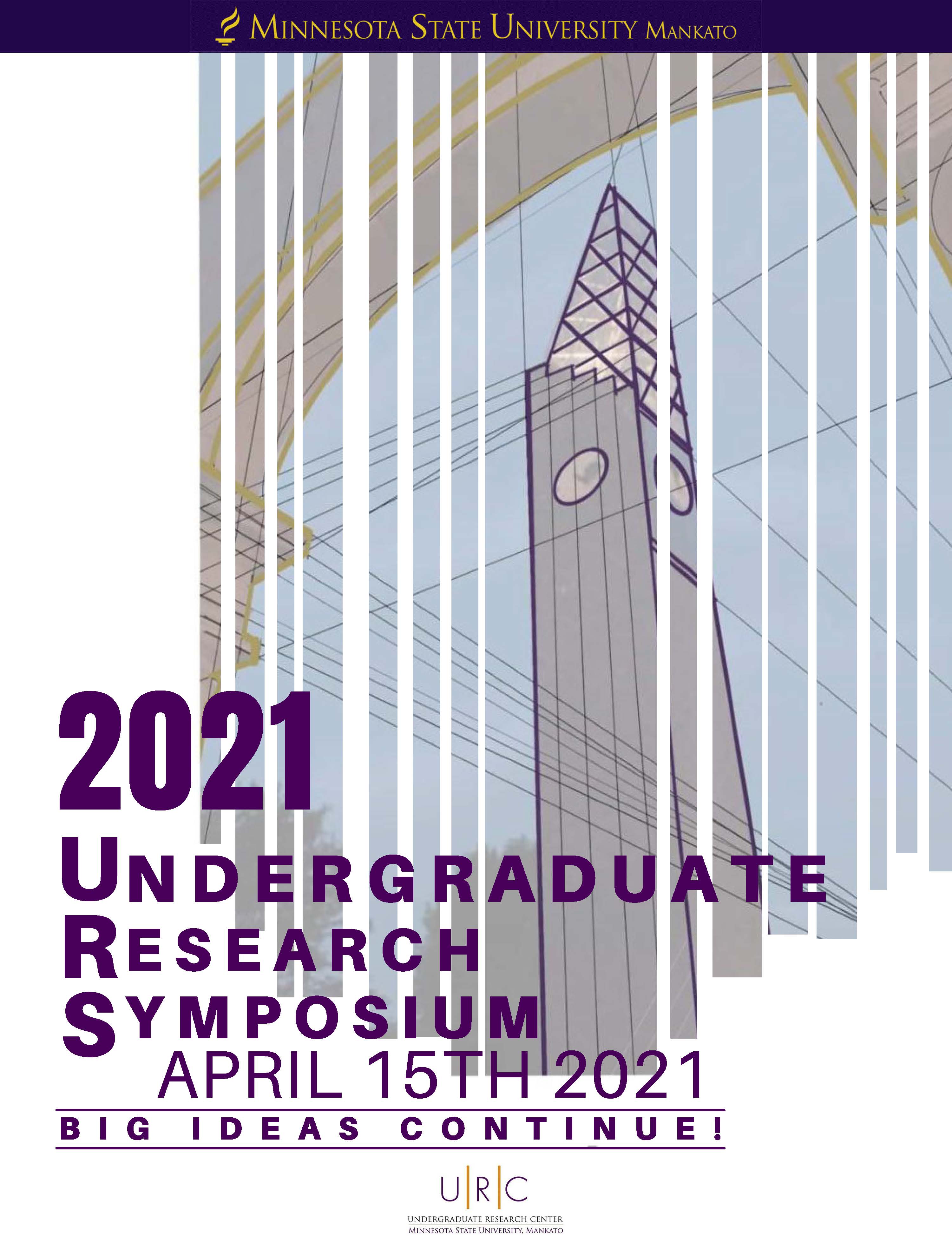Students' Perception of Professionalism
Start Date
15-4-2021 3:30 PM
End Date
15-4-2021 4:30 PM
Student's Major
Psychology
Student's College
Social and Behavioral Sciences
Mentor's Name
Kristie Campana
Mentor's Department
Psychology
Mentor's College
Social and Behavioral Sciences
Description
The observation of soft and hard skills plays an important role in employers' ability to assess how professional their employees are. A 2012 questionnaire survey of 49 executives showed that the top 10 soft skills they value are “integrity, communication, courtesy, responsibility, social skills, positive attitude, professionalism, flexibility, teamwork, and work ethic” (Robles). Our study assesses students’ perceptions of these 10 soft skills, in addition to a few basic hard skills. Furthermore, we also seek to investigate how traditional college students learn about professionalism, and what they believe is appropriate behavior at work. Generally, our results indicated that students most readily identified soft skills as most important for professionalism, with responsibility, work ethic, and courtesy earning the highest ratings. Meanwhile, hard skills such as computer skills, reading skills, and math skills were generally not identified as professional skills. Responses to the reading scenario indicated that communication skills were commonly demonstrated in students' responses with integrity being the most common reason to communicate. Currently, there is a gap between what skills employers' desire from graduates and the skills graduates have and think employers want. This study, and others like it, can help students and educators to understand where the gap is between what skills employers are looking for, and what skills students are gaining from the sources they attain their perception of desirable workplace skills.
Students' Perception of Professionalism
The observation of soft and hard skills plays an important role in employers' ability to assess how professional their employees are. A 2012 questionnaire survey of 49 executives showed that the top 10 soft skills they value are “integrity, communication, courtesy, responsibility, social skills, positive attitude, professionalism, flexibility, teamwork, and work ethic” (Robles). Our study assesses students’ perceptions of these 10 soft skills, in addition to a few basic hard skills. Furthermore, we also seek to investigate how traditional college students learn about professionalism, and what they believe is appropriate behavior at work. Generally, our results indicated that students most readily identified soft skills as most important for professionalism, with responsibility, work ethic, and courtesy earning the highest ratings. Meanwhile, hard skills such as computer skills, reading skills, and math skills were generally not identified as professional skills. Responses to the reading scenario indicated that communication skills were commonly demonstrated in students' responses with integrity being the most common reason to communicate. Currently, there is a gap between what skills employers' desire from graduates and the skills graduates have and think employers want. This study, and others like it, can help students and educators to understand where the gap is between what skills employers are looking for, and what skills students are gaining from the sources they attain their perception of desirable workplace skills.




